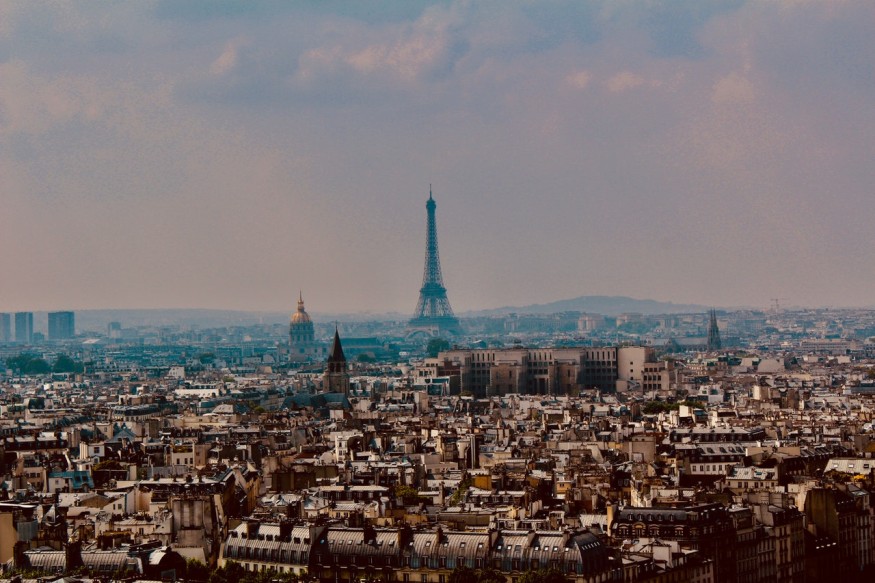The capital city of France, Paris, is a city filled with history and a favorite tourist destination for millions of people across the globe. Other than the historic Eiffel Tower, the Notre Dame Cathedral, the Louvre, and the Arc de Triomphe, there are numerous activities in the city of romance that can immerse you in the city's rich culture and history.
However, despite the immense culture, architectural sceneries, and superb restaurants, some tourists find it impossible to enjoy their visit to the romantic city. A small percentage of people traveling to Paris experience a phenomenon known as Paris syndrome.
Paris Syndrome: A Unique Phenomenon

Paris syndrome is a psychological condition characterized by vomiting, nausea, hallucinations, and increased heart rates. Although it isn't indexed in the Diagnostic and Statistical Manual of Mental Disorders, it is a syndrome recognized by numerous experts as real, although rare.
Mathieu Deflem, a sociology professor at the University of South Carolina, explains that Paris syndrome is more common among Japanese tourists, reports LiveScience.
Rodanthi Tzanelli, a professor of cultural sociology at the University of Leeds, UK, explains that when talking about a culture with a historically different belief system and trajectory of development from other places across Europe, it may be the culprit behind the elevated risk for Japanese visitors.
The Atlantic describes Paris Syndrome as a collection of physical and psychological symptoms experienced by mainly Japanese visitors upon realizing that Paris isn't what they thought it would be.
Deflem iterates that the Paris syndrome should be regarded as extreme culture shock. Culture shock, in severe cases, can result in people feeling depressed, disoriented, physically ill, and irritable.
In a 2007 article, Rachel Irwin, a cultural sciences researcher at Lund University, Sweden, wrote that culture shock is an illness that results from the loss of meaning brought about when a person from only symbolic reality gets immersed in another. Symptoms associated with culture shock are similar to those that feel anxiety. Although everybody experiences some form of culture shock, some people feel it more pronounced than others, explains Deflem.
Deflem explains that several factors are at work regarding Paris syndrome stating that a combination of expectations from Japanese culture and Paris' reality.
Romanization of Paris: Straight Path to Culture Shock
Deflam iterates that, generally speaking, Japanese culture has had a romanticized view of the West, especially Europe. This phenomenon is largely due to the city's representation in films and books that focus on art, coffee culture, cordial, intelligent conversations, and quaint restaurants. Deflam suggests these expectations aren't realistic, especially when Paris isn't well-known for its hospitality.
A 2014 study by Conde Nast Traveler named the city the world's fourth most unfairly city. Pop culture presents Paris in a way that does not reflect the realities of the city, especially in recent times, when much of Paris can no longer be categorized as France of Old.
For Deflam and many experts, this disparity between cultures is the prime suspect of the Japanese' susceptibility to Paris syndrome.
Check out more news and information on Psychology in Science Times.
© 2025 ScienceTimes.com All rights reserved. Do not reproduce without permission. The window to the world of Science Times.











